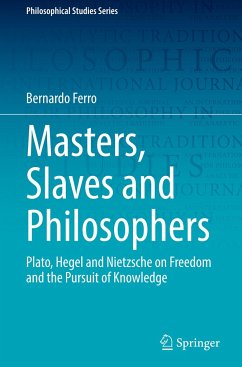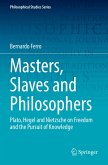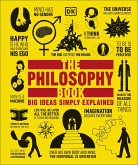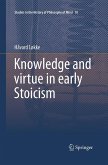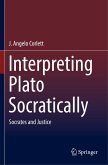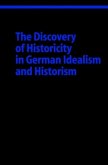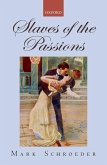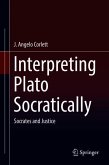This book examines the relationship between freedom and true knowledge, which is a central part of the hotly debated issue of human freedom.
Is truth necessary for the attainment of freedom? Does a free life require a clear understanding of reality? And if so, to what extent? These questions lead back to a classical philosophical debate, of which the first major chapter was written by Plato. In the dialogues, he describes human life as a peculiar form of imprisonment and calls for a global liberation of human cognition. This work analyses this ambitious project and its unique influence on the work of two modern authors, Hegel and Nietzsche, who explicitly linked the notions of ignorance and truth to those of bondage and freedom-or slavery and mastery-and whose philosophies are also centred on the liberation of human consciousness.
Following a historical and systematic approach, this book is of interest to readers who are reasonably acquainted with the history ofancient and modern philosophy, including undergraduate and graduate students, as well as scholars working on Plato, German Idealism, Nietzsche and other related fields.
Is truth necessary for the attainment of freedom? Does a free life require a clear understanding of reality? And if so, to what extent? These questions lead back to a classical philosophical debate, of which the first major chapter was written by Plato. In the dialogues, he describes human life as a peculiar form of imprisonment and calls for a global liberation of human cognition. This work analyses this ambitious project and its unique influence on the work of two modern authors, Hegel and Nietzsche, who explicitly linked the notions of ignorance and truth to those of bondage and freedom-or slavery and mastery-and whose philosophies are also centred on the liberation of human consciousness.
Following a historical and systematic approach, this book is of interest to readers who are reasonably acquainted with the history ofancient and modern philosophy, including undergraduate and graduate students, as well as scholars working on Plato, German Idealism, Nietzsche and other related fields.

